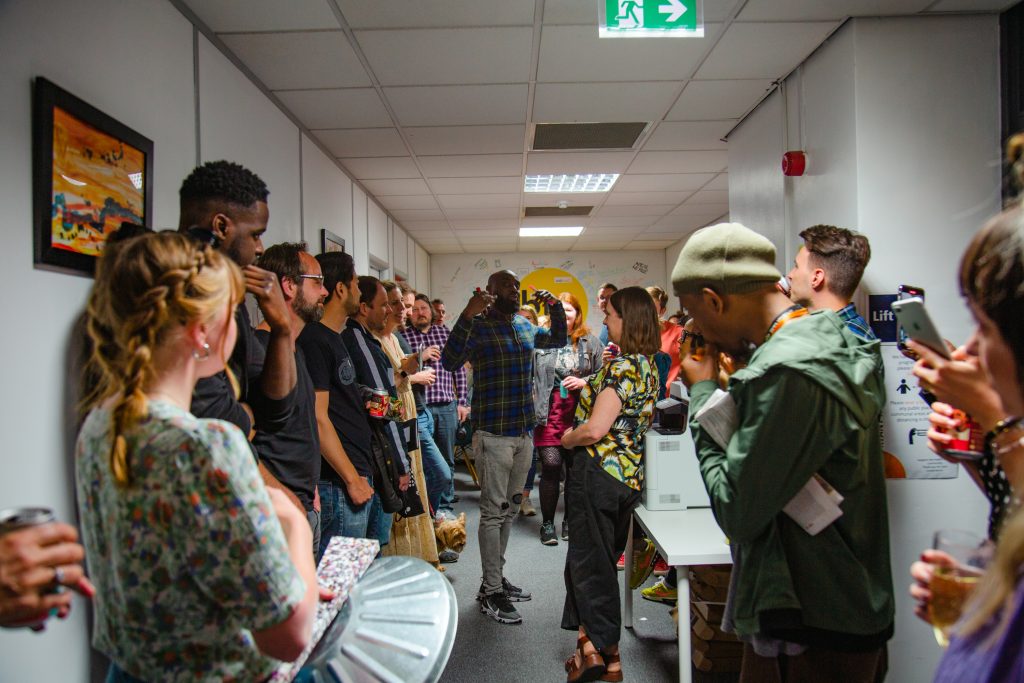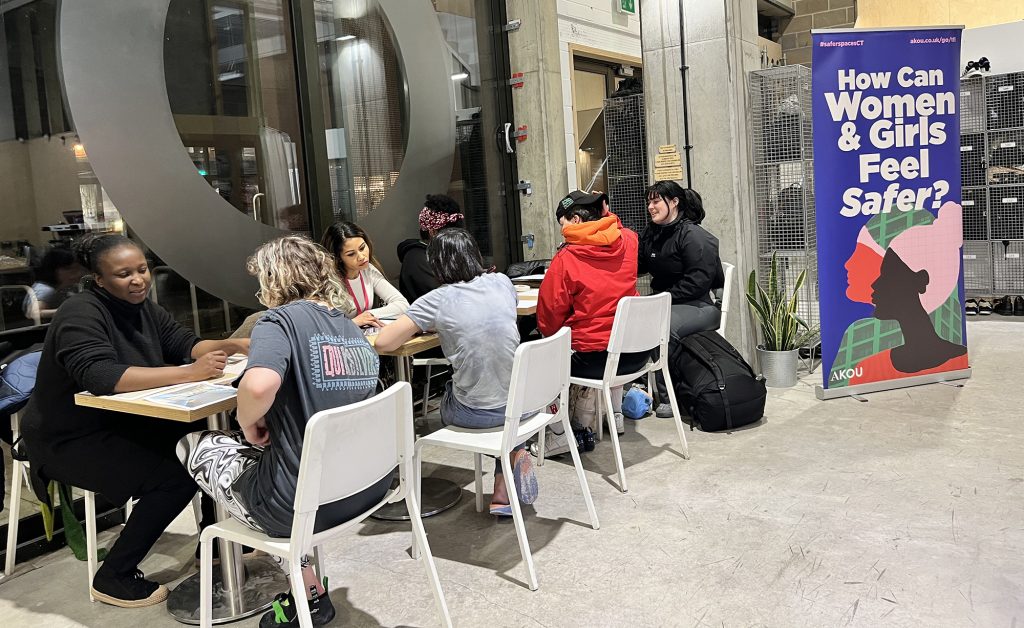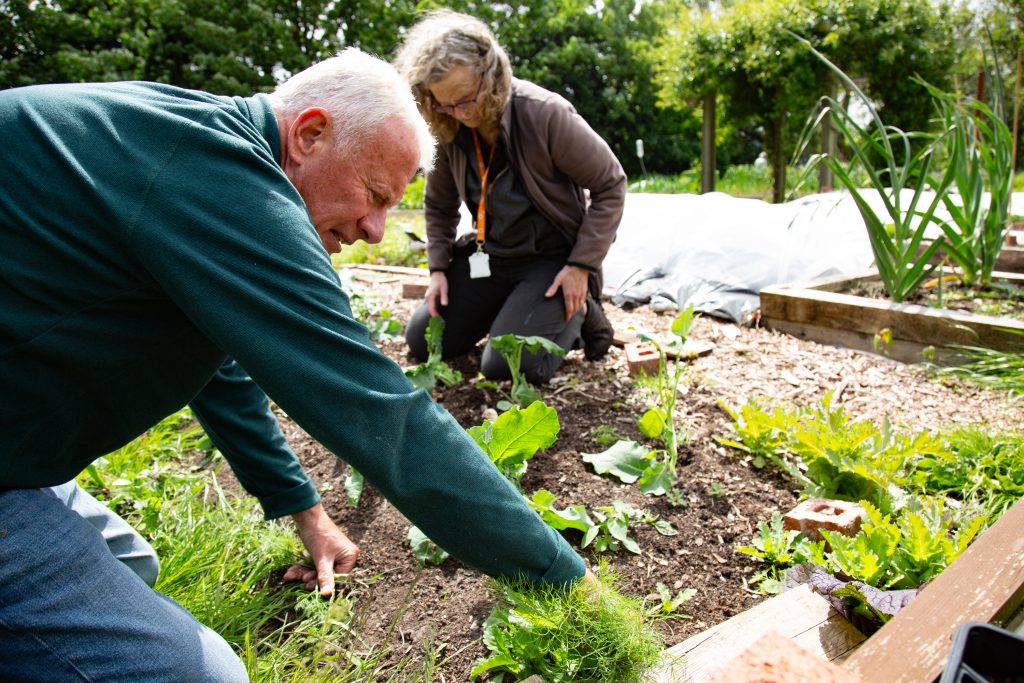Revealing the Hidden Power of Social Capital: Why Relationships Matter More Than Ever

In a world increasingly shaped by data, digitalisation, and division, it’s easy to overlook one of our most powerful tools for resilience and social progress: social capital.
At Akou, we believe social capital – the web of relationships, trust, and shared values within communities – is the critical, yet often invisible, infrastructure that enables people and places to thrive. Drawing inspiration from the RSA’s ground-breaking “Revealing Social Capital” programme, we’re working to surface, measure, and amplify this essential human asset.
What Is Social Capital and Why Should We Care?
The RSA defines social capital as the stock of non-financial resources (like trust, belonging, and agency) that exist between people and across communities. These resources shape everything from our mental health to our career prospects, influencing how well societies function and how far individuals can go. On the contrary, Akou defines social capital as the accumulation of social connections and relations that share a set of values and therefore these connections are coined by trust and cooperation. These diverse connections form a powerful network/constellation.
One of the RSA’s most powerful insights comes from a study mapping six billion Facebook friendships in the UK. The key takeaway? “Economic connectedness” – friendships that cut across class divides – is the single strongest predictor of upward social mobility. Simply put: who you know really does shape what you can achieve.
This builds on work by economist Raj Chetty, whose U.S.-based research shows that children from low-income families do better in adulthood when they’re embedded in communities with high levels of social cohesion and cross-class relationships.
Akou’s Mission: Making Social Capital Visible and Valuable
At Akou, we specialise in measuring social capital in ways that are meaningful and actionable. We help organisations understand how people connect and how those connections drive trust, resilience, and opportunity. Our approach combines rigorous data collection with community-centred design and participatory methods. Here’s how
- Mapping Social Networks
We look beyond numbers to map the quality, frequency, and emotional depth of relationships. Whether it’s capturing the support structures around a young entrepreneur or understanding how women navigate public space, we translate human connection into powerful insights. - Empowering Communities Through Participation
We don’t just collect data, we co-create it. Our participatory tools are designed to give people ownership of their stories, ensuring that insights reflect real lived experience and that communities are active agents of change. - Aligning Social Capital with Social Finance
Through projects like our evaluation of the School for Social Entrepreneurs’ Match Trading programme, we demonstrate how strong social networks underpin sustainable growth for community enterprises. We help funders and policymakers invest in what really works.
Social Capital in Action
Across our work we’ve seen how social capital can be a driving force for impact. Often the act of understanding its existence and how it plays out in networks can be valuable in and of itself. Here are three ways we’ve the power of understanding social connections.
Influencing the Perception of Safety
A strong sense of belonging and local connection correlates with a greater feeling of safety. Our work with Lambeth (evaluating the revitalisation of the Brixton Rec), and with TfL (exploring women and girls in Canning Town) revealed that those who had a greater sense of belonging reported feeling safer in their area. In Brixton, having connections with local businesses and residents near Brixton Station Road were linked to an increased feeling of safety. This shows that to improve perceptions of safety in our neighbourhoods we can’t rely solely on physical interventions alone.

Supporting Social Entrepreneurship
Much like the proverb “it takes a village to raise a child”, the same can be said for a startup. It really does take a community of experience, opportunity and support for an individual to turn an idea into an enterprise. Our tools and support have been utilised by social enterprises and throughout the years we’ve had the opportunity to explore the role of social capital in social entrepreneurship. This was most evident in our work with Drivers for Change. Akou’s early technology was used to map relationships and bonds made by 100 young social entrepreneurs as they travelled the UK on a development programme. We uncovered the role humour played in forging connections, quantified the exchanges and outcomes of interactions and helped to demonstrate the importance of social capital to the young entrepreneurs.
Driving Place Based Change
Evaluation of the School of Social Entrepreneurs’ (SSE) flagship program highlighted the crucial role of networks and relationships in local change. We revealed that SSE’s mentorship, support and championing of social capital built greater resilience in the social entrepreneurs supported through their programme. And taking their increased levels and awareness of social capital back to their ventures, we revealed that activities delivered by those ventures that supported relationship building increased levels of wellbeing. And that participants gained a greater sense of agency in helping to shape activities delivered by the social enterprise.

The Future of Social Capital
The RSA’s research shows us that social capital isn’t just a “nice to have”, it’s a core driver of equality, opportunity, and trust. But as they highlight, “what gets measured gets valued.” If we want to invest in communities more effectively, we need better ways to measure and strengthen the relationships that hold them together.
That’s where AKOU comes in.
We’re building tools and frameworks to help cities, funders, and frontline organisations see the full picture – not just outputs and outcomes, but connections, trust, and belonging.
